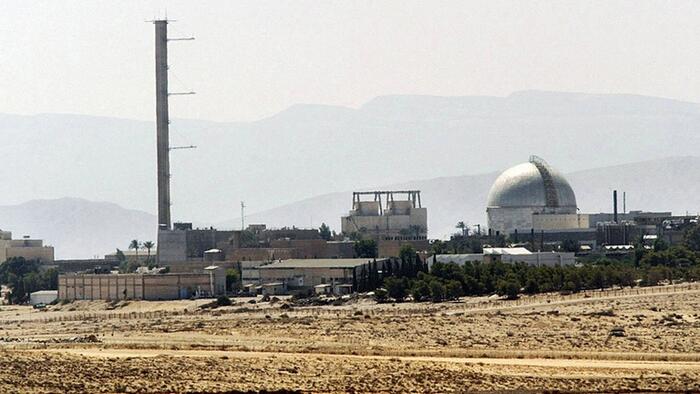


The Iranian government revealed more information this week regarding the vast cache of classified Israeli nuclear and military documents it had previously announced obtaining.
In a documentary aired by state television on Wednesday, Iranian Intelligence Minister Esmail Khatib said the documents include the full names, personal details, addresses, and professional links of 189 nuclear and military specialists connected to Israeli weapons programs. "The list is still being expanded as Iranian analysts continue to process the material," Khatib was quoted as saying.
"Iranian intelligence operatives carried out one of the most complex multilayered operations, penetrated deep into the hidden vaults of the regime and obtained its secret information in nuclear, military, intelligence, and scientific fields," he added. "In addition, there are documents showing official influence exerted by Israeli officials and American senators on the International Atomic Energy Agency (IAEA), and their receipt of information about our peaceful nuclear program."
Khatib said the documents also include precise information on military, intelligence, and nuclear sites in Israel, adding that Tehran targeted and struck some of these sites with missiles during the 12-day war in June.
He also claimed that employees of the Israeli nuclear and military establishment cooperated with Iranian intelligence as a result of "financial incentives" and "deep hatred toward the regime’s corrupt and criminal prime minister, which led to acts of revenge against him."
Included in the documentary aired on Wednesday night were personal photos of IAEA chief Rafael Grossi. It says the cache of documents includes personal information on the IAEA chief. The documentary also shows footage from inside Israel’s Dimona nuclear facility.
"Instead of solving the problem of the Iranian water, think about solving the problem of the bread of many workers who have cooperated with us with the incentive of money, and they are cooperating right now," Khatib added, addressing Israeli Prime Minister Benjamin Netanyahu.
His comments alluded to the premier’s recent statement that Israel would help the Iranian people desalinate water once they were "free" from the government.
Iran initially announced the large-scale intelligence operation on June 9. At the time, it referred to the cache as a “treasure trove.”
Three days later, Israel launched a massive war against Iran, targeting civilian infrastructure, military sites, and nuclear facilities. Iran responded with large barrages of ballistic missiles throughout the 12-day campaign.
Washington joined in on the final day before the war ended, carrying out a bunker-buster attack on several nuclear sites, which caused severe damage but failed to eradicate the Iranian nuclear program.
The war was launched amid nuclear negotiations between Tehran and Washington. Iran insisted on its right to continue uranium enrichment, which the US and Israel rejected. The Islamic Republic suspended cooperation with the International Atomic Energy Agency (IAEA) after the war over its failure to properly condemn the attacks, as well as what it said was close cooperation between Tel Aviv and the watchdog.
Although a new framework was reached earlier this month, Tehran announced over the weekend that it will fully suspend cooperation after the EU reimposed sanctions on Iran.
The IAEA has never been granted access to Israel’s Dimona facility, which is believed to provide fuel for Tel Aviv’s undeclared nuclear weapons program.
